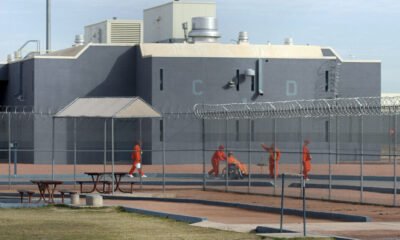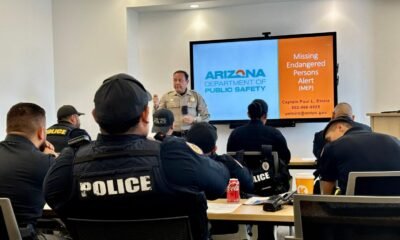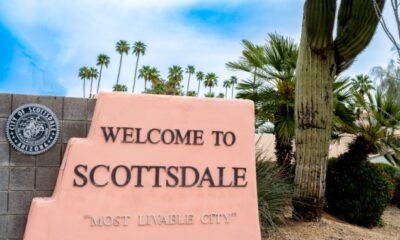Ben Owens
Missing Candidate Sparks Debate on Generational Divide at MUSD Town Hall

At a town hall event organized by InMaricopa on September 26, 2024, three candidates for the Maricopa Unified School District (MUSD) school board—Carolyn Lopez, Nicolas Yendrzeski, and Ben Owens—were present. The turnout for the event, however, was notably low, with just 13 attendees. The missing candidate, Shawnté Rothschild, previously RSVP’d but did not attend, instead sending an email later to express her regrets.
The low attendance highlights ongoing challenges in engaging the community in local politics. Moderators pressed candidates on strategies to boost public interest in school board matters. Yendrzeski, an MUSD graduate, emphasized the shared responsibility between the public and board members to foster involvement, asserting that all community voices are vital to democracy.
Both Owens and Lopez acknowledged that school board elections often go unnoticed. Lopez encouraged community members to ask questions, emphasizing the importance of transparency and inquiry. The absence of a fourth candidate further fueled discussions around engagement during the forum.
Diverse perspectives emerged among the candidates, especially regarding generational differences. All eyes were on the 18-year-old Yendrzeski, who expressed that older students prefer to be treated with respect rather than as children. He articulated a forward-thinking stance that resonated with the younger audience.
When addressing discipline related to cellphone use in schools, Lopez and Owens advocated for stricter measures, suggesting devices be locked away during class. In contrast, Yendrzeski argued for teaching students to manage their responsibilities, emphasizing the need to prepare students for real-world decisions.
The forum’s discussions took a serious turn when safety measures, including the use of metal detectors, were brought up. Lopez was firm in her view that if students are uncomfortable with security measures, that’s their issue. Yendrzeski countered that many students see such measures as insufficient and distanced from genuine concern for their safety.
Drawing on his experiences within the district, Yendrzeski expressed that he understands the dynamics at play and feels many important student perspectives are overlooked. He advocates for a more inclusive dialogue that accommodates all voices within the school community.


















